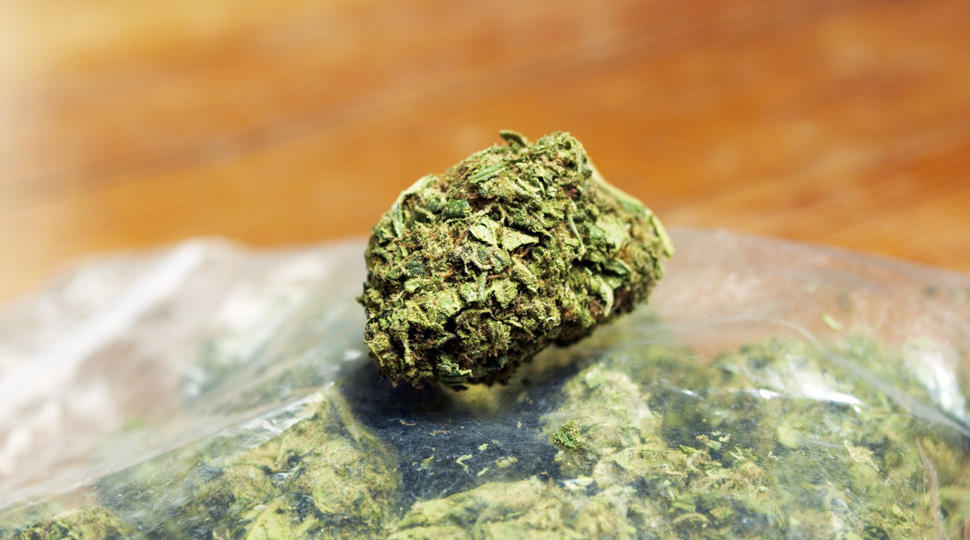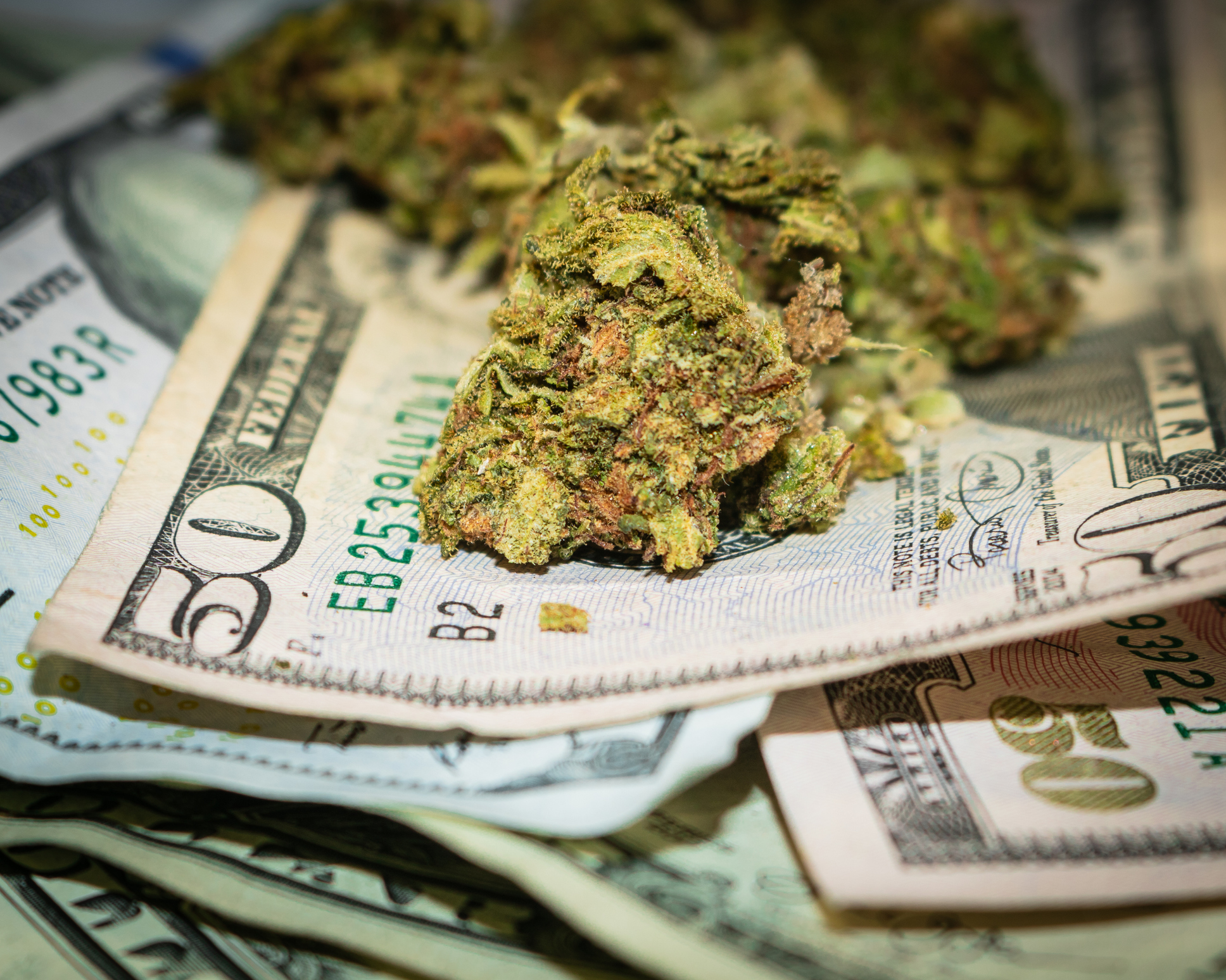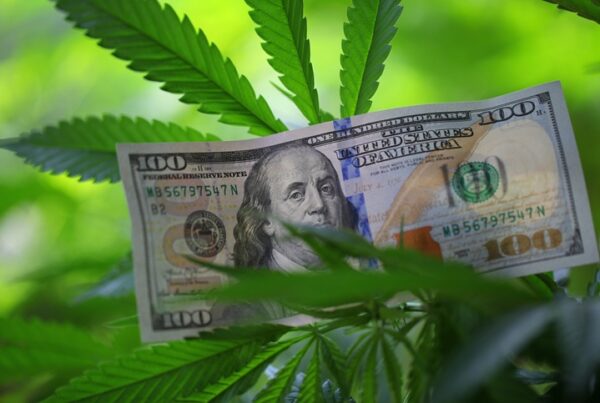ACT Resources Cannabis News – September 2019
Fall is in the air! That doesn’t just mean we’re a step closer to sweater weather and Halloween, it also means we can (hopefully) expect the U.S. Food and Drug Administration (FDA) to soon release its proposed regulations for hemp-derived Cannabidiol (CBD) products. In celebration of this upcoming moment in cannabis industry history, ACT Resources’ September news update is focused on current events in the CBD market. And what better place to start than with an update on the FDA’s ongoing regulatory process?


U.S. FDA Regulatory Deliberation Continues
Since May 31, when the FDA held a public hearing on CBD regulation, the agency has been working to develop rules and regulations to govern the industry. While it is still deliberating the specifics, the agency has been clear that marketing hemp-derived CBD products as medicinal or therapeutic runs afoul of FDA rules governing pharmaceutical products. CBD infused foods and beverages are also central to the debate, which the FDA currently maintains is federally illegal because CBD is a primary ingredient in an approved pharmaceutical product and therefore cannot be added to prepared foods.
However, the agency has also signaled that it is open to creating exceptions in certain cases. In an article dated July 17, Principal Deputy Commissioner Amy Abernethy and Principal Associate Commissioner for Policy expressed the need for a science-backed approach.
“While the Agency continues to believe that the drug approval process is the best way to ensure the safety of new drugs, including those made with CBD, the Agency is committed to evaluating the regulatory frameworks for non-drug uses, including products marketed as foods and dietary supplements,” they wrote.
Lawmakers had previously urged the FDA to deliver its proposed rules on CBD regulation by September 30. While it is unclear whether this deadline will be met, Abernethy suggested on Twitter that the agency “is expediting its work to address the many questions about CBD.”
At the same time, the FDA has signaled that made it clear that marketing CBD products with unsubstantiated health claims will not be tolerated. In a warning letter to Curaleaf, the agency alleged its products were technically “unapproved new drugs” and were illegal under federal law. The FDA gave Curaleaf 15 days to correct the violations. CVS Health, a major carrier of Curaleaf products, pulled the CBD companies products in response to the letter stating they had no intention of resuming the sale of these products following their removal.
Legalization of Industrial Hemp Creates Confusion for Law Enforcement
Confusion abounds following the 2018 Farm Bill’s legalization of industrial hemp last December. Law enforcement has encountered serious difficulty in distinguishing between federally legal industrial hemp and still-prohibited (federally) marijuana. In some states, like Texas for example, prosecutors have suspended cannabis cases altogether as a result. The chaos has sent law enforcement agencies across the country scrambling for a roadside testing solution that can identify the difference between hemp and marijuana: namely, a tool that can measure THC content below the legal 0.3% threshold.
“[J]udicial systems are scrambling to get testing in their state for products seized in arrests,” said Jessica Alexander, co-owner and laboratory director at The New Frontier Research. She added two counties in Ohio have approached the Alaska-based lab and asked for assistance in testing evidence seized during arrests.
“The testing technology exists … but there are also hand-held technologies out there that would be able to assist [police] in determining marijuana versus hemp at roadside,” Alexander said. The difficulty, she added, is in identifying THC content down to the trace 0.3% levels that legally distinguish industrial hemp from marijuana.
As marijuana legalization efforts continue in many states, it’s unclear how police departments will approach the issue or if state legislatures will intervene. While the tools needed to conduct roadside tests do currently exist, they are not (yet) in the hands of law enforcement making the decision whether to arrest someone based on a substance that might not be illegal. Moreover, identifying industrial hemp from marijuana under the current legal definition might not be feasible even with the roadside testing devices available today.
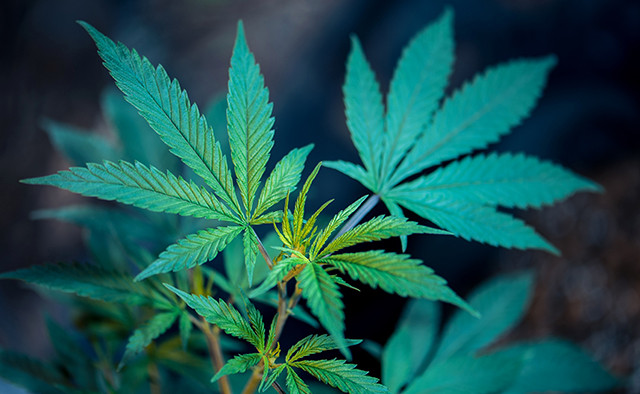
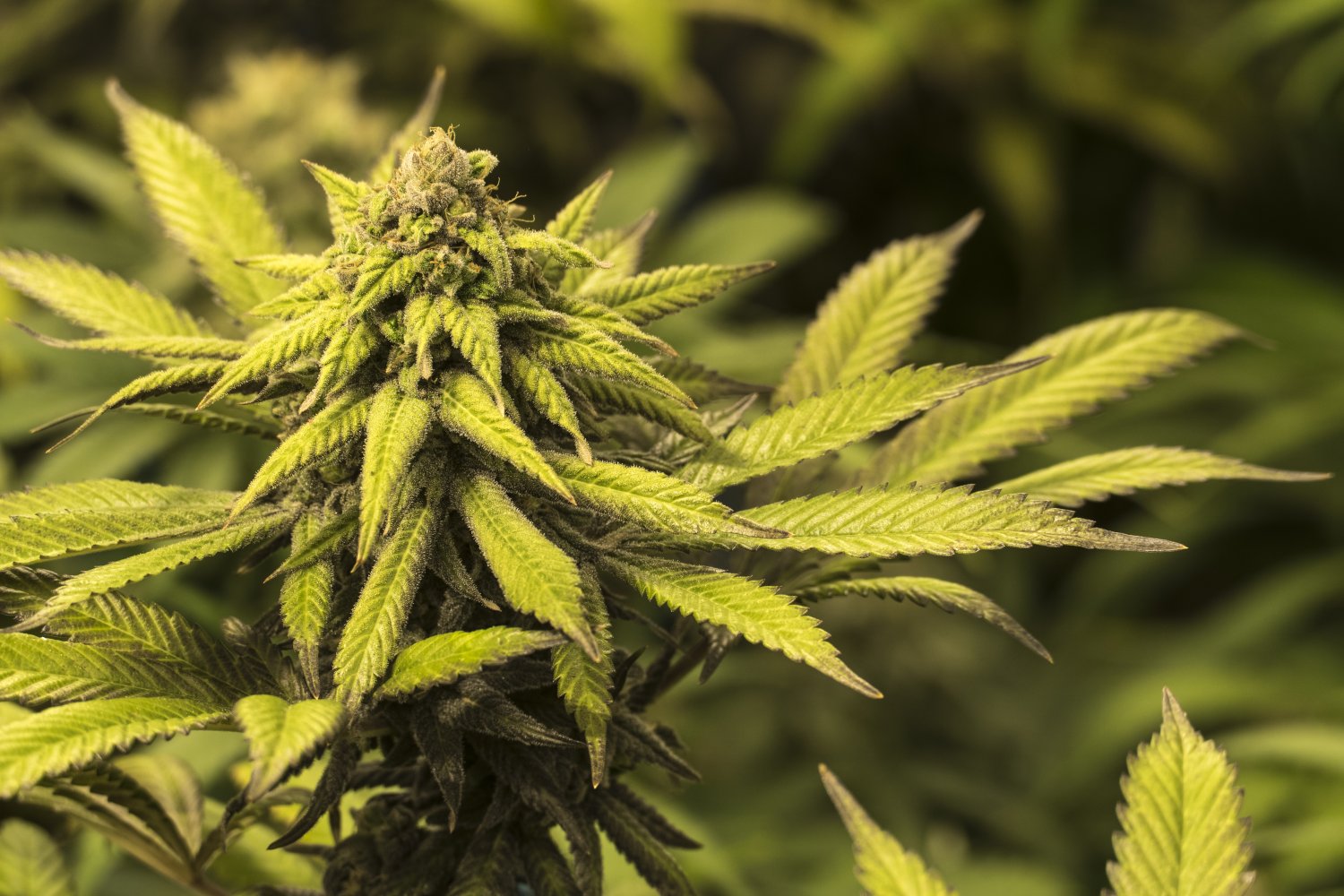
CBD Research is Ongoing, But Legal Barriers Remain
Scientific research into Cannabidiol (CBD) and its purported therapeutic benefits is ongoing, which goes hand-in-hand with the FDA’s regulatory approach of science-backed rulemaking. Unfortunately, research into CBD and other cannabinoids is contending with significant federal restrictions. For example, testing cannabis and cannabis-derived products involves a labyrinthian sea of red tape that researchers must first navigate prior to gaining approval for any new study.
Moreover, the supply of cannabis is woefully inadequate for researchers to conduct large-scale studies on any cannabinoid, including THC and CBD; the entire research supply of cannabis comes from the University of Mississippi. Historically, the cultivars available to researchers have been limited in scope, as has been the volume of cannabis itself. Even when researchers get their hands on the cannabis they need, it often doesn’t reflect the consumer products that are actively sold on the market today.
In order to gain the kind of science-backed perspective the FDA desires to move forward with its regulatory process, researchers require access to more cannabis and more types of cannabis-derived products. Ironically, federal policies are hamstringing researchers and slowing progress to a crawl.
However, the Drug Enforcement Agency (DEA) recently announced its intent to expand licenses for federally authorized cannabis growers for research purposes. Additional regulatory reform in the research area of the cannabis industry is much-needed and could come up in the near future as Washington D.C. continues to consider more cannabis-related proposals.
CBD Market Projections Show Strong Growth Through 2024
The CBD segment of the U.S. cannabis industry could be worth more than $20 billion by 2024, according to a study by industry researchers BDS Analytics and Arcview Market Research. The researchers predict that most of these sales will take place in retail stores rather than cannabis dispensaries. Taken together with the sale of other cannabis-derived products, they estimate the total market for cannabinoids will reach $45 billion by 2024.
These market projections represent significant increases from previous studies, accounting for the proliferation of industrial hemp products in the wake of the 2018 Farm Bill. However, the projected success of the CBD market is predicated on the assumption that hemp-derived CBD products gain favorable regulation by the FDA. However, even in the current tumultuous environment, it’s worth pointing out that the sale of CBD products in dispensaries outpaced the overall sales since 2014.
The researchers predict that across all distribution channels through 2024, CBD products will experience a massive compound annual growth rate of 49%. This means barring any new obstacles, CBD could be the fastest-growing segment of the cannabis industry.
The CBD market is an exciting microcosm of the rapid development and reformation of the cannabis industry at large. It is also emblematic of the education the public is quickly absorbing about cannabis and its derivatives. As we anxiously await the FDA’s regulations, hoping they pave a path toward both the public’s well-being and prosperity, we must also acknowledge the difficulties presented by the status quo. When researchers are unable to fully study cannabinoids and the tests needed to enforce new legal standards don’t exist, the public and the industry need an expedient resolution.
If you’re involved in the CBD market or the larger cannabis industry, you need a professional partner that can help you navigate the hazy landscape that is modern cannabis regulation and compliance. When it comes to all your financial and accounting needs, ACT Resources has proven industry experience. So if you’re in need of a professional accountant that knows cannabis, don’t wait – ACT today!
